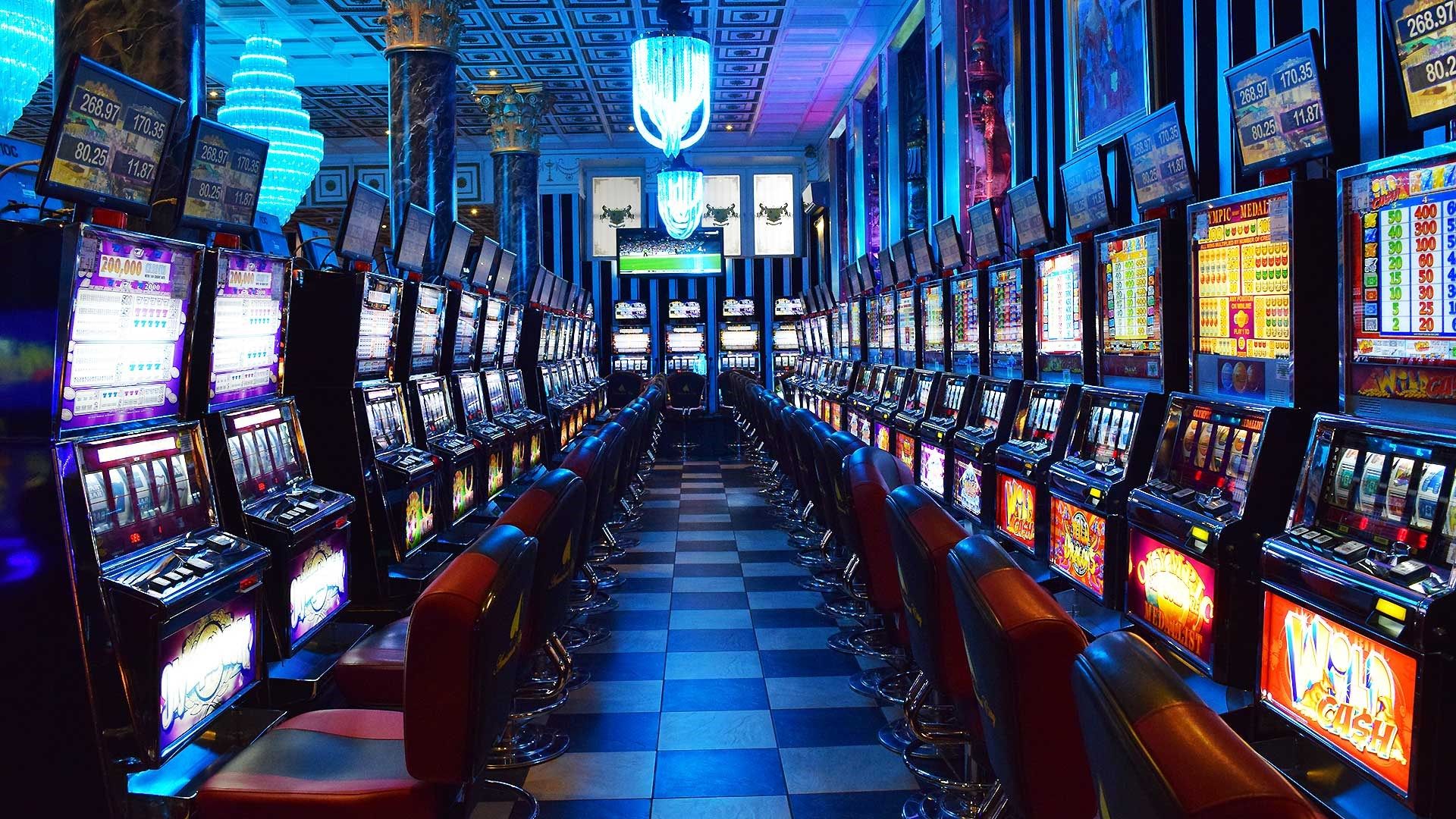Adapting Casino Experiences for a Virtual Era

This world of casino games has undergone a remarkable evolution in recent times, driven by tech advancements and shifting consumer preferences. As more gamers shift to digital platforms for entertainment, traditional casino activities are being adapted to meet the needs of a tech-savvy consumer base. This shift not only includes the transition from brick-and-mortar to digital spaces but also encompasses the development of gaming mechanics and player interaction strategies.
In this emerging virtual age, game developers are harnessing innovative techniques to create engaging experiences that appeal with a diverse range of gamers. FB88 From web-based slot games with breathtaking visuals to interactive card activities that mimic the feel of a real-life gambling hall, the modification process is redefining how we perceive and experience casino games. As we explore this captivating process, it becomes clear that the future of gambling lies in the seamless fusion of cutting-edge tech with the everlasting appeal of chance and strategy. FB88
A Development of Gambling Entertainment
Gambling entertainment have gone through significant changes throughout history, demonstrating shifts in tech, culture, and player choices. In ancient eras, basic games of luck were enjoyed using primitive materials such as rocks and animal remains. As societies progressed, so did the complexity of these activities. The introduction of playing cards in the Middle Ages marked a crucial moment, leading to the development of well-known games like Texas Hold’em and 21, which are continuously enjoyed in the present. Over the years, the physical layout of casinos has also transformed, shifting from small local venues to expansive, ornate establishments.
The 20th century ushered a revolution in the realm of casino games with the advent of digital gaming. Slot machines emerged as a favored attraction, captivating gamblers with their vibrant lights and audio effects. This era also saw the growth of gambling hotels, which integrated high-end accommodations with a wide variety of casino options. The launch of video gaming further expanded the landscape, allowing for more intricate designs and gaming mechanics. These developments not only pulled in a wider audience but also altered the way casino entertainment were experienced.
With the rise of the web in the final 90s and beginning 2000, gambling games moved into a new digital phase. Virtual casinos emerged, providing players with the convenience of playing from their homes. This transition required gaming designers to reconsider traditional designs and adapt them for an engaging online experience. Today, advancements in technology, including mobile gaming and virtual reality, continue to shape the evolution of casino games, creating immersive experiences that captivate players like never before.
Key Features of Virtual Casino Experiences
Virtual gambling experiences have revolutionized the way participants engage with the gambling experience by delivering engaging experiences that echo the excitement of brick-and-mortar casinos. One of the most significant features is the integration of high-quality graphics and animations, creating a visually striking environment. Game creators focus on providing lifelike themes and enthralling storylines that draw players into the game, improving their overall experience. The capability to deliver 3D visuals and stunning sound effects means that players can enjoy a dynamic atmosphere similar to what they would find on a casino floor.
Another key aspect of virtual casino experiences is the convenience they offer to players around the world. Online platforms enable individuals to play their favorite games from the comfort of their own abodes or on the go through smartphones and tablets. This comfort is accompanied by a wide variety of gaming alternatives, including slot machines, tabletop games, and live casino games. Players no longer need to travel to a physical location to enjoy their preferred betting experiences, allowing a larger audience to engage with casino games.
Lastly, virtual gaming experiences frequently integrate creative features such as engaging gameplay and social elements. Many games now allow players to compete against one another, join tournaments, or even post their successes on online platforms. This transformation encourages a sense of community among players while encouraging healthy competition. Additionally, features like personalized avatars and in-game chat options improve player interaction, making the digital gaming experience even more enjoyable for all users.
What Lies Ahead of Digital Gaming
As technology advances, the landscape of online gaming is set for significant evolution. Immersive and augmented reality are disrupting the industry, offering players an realistic simulation that mirrors the atmosphere of being in a physical casino. These advancements create opportunities for creators to introduce innovative game formats and interactive features, reshaping how players interact with their beloved casino games.
Additionally, the integration of smart technology is elevating user experiences and personalizing gameplay. AI can examine player behavior, recommend tailored game options, and improve customer support through chatbots. This personalization not only keeps players interested but also helps build a dedicated community around particular casino platforms, setting them for success in a competitive market.
Ultimately, the rise of gaming on mobile devices is another key factor shaping the future of online gaming. With an ever-increasing number of players accessing casino games on their phones, developers are focusing on optimizing their platforms for smartphone compatibility. This change allows players to play casino games wherever they are, paving the way for a more versatile and approachable gaming environment that attracts a broader audience.